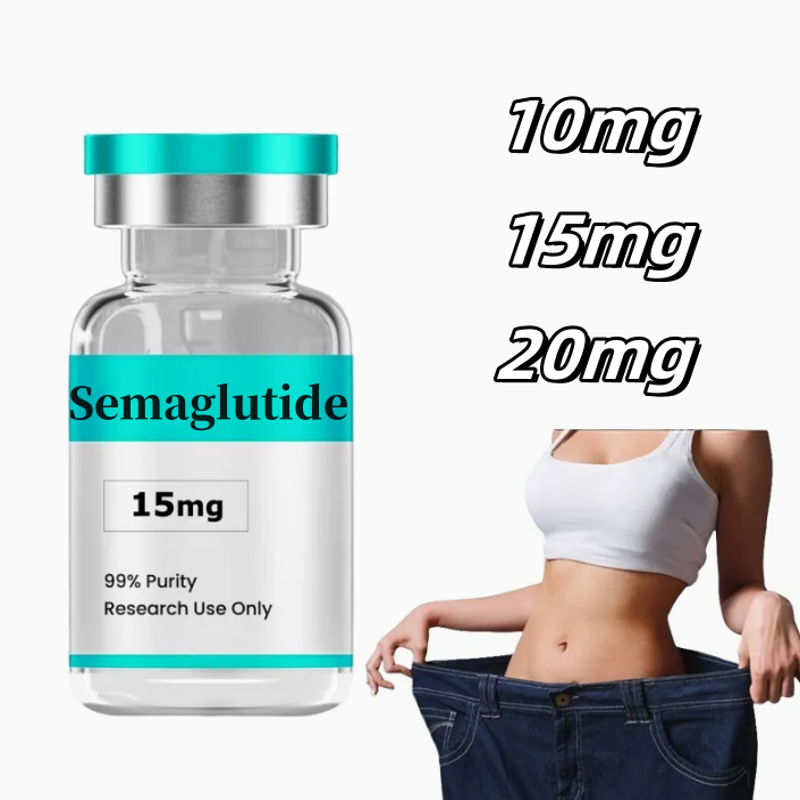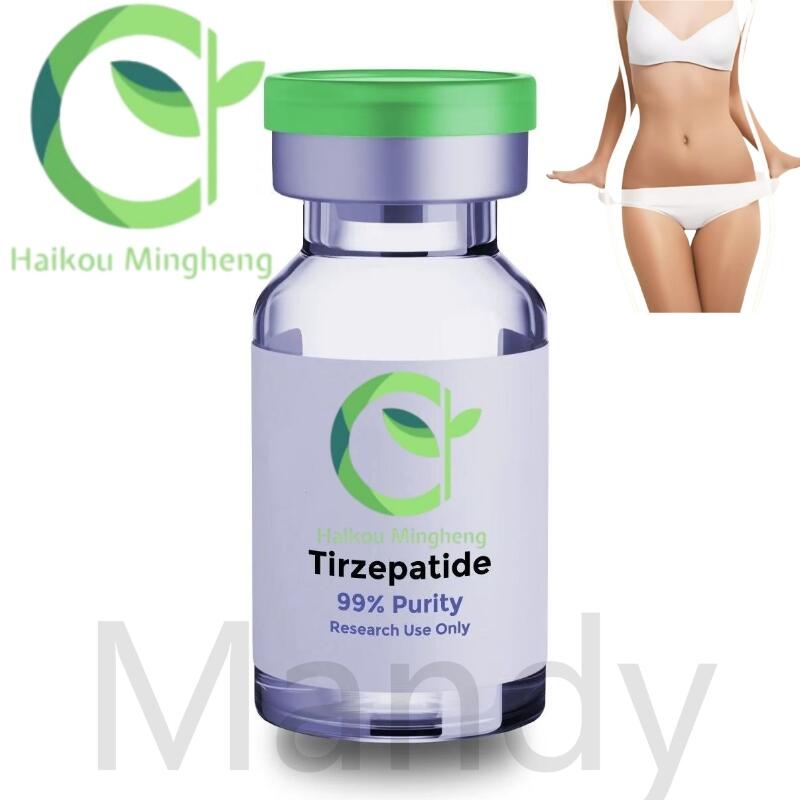Protection of intestinal mucosa by new enzyme in celiac patients
-
Last Update: 2014-07-03
-
Source: Internet
-
Author: User
Search more information of high quality chemicals, good prices and reliable suppliers, visit
www.echemi.com
Recently, a phase 2 study from Finland showed that patients with celiac disease treated with glutenin specific enzymes were less exposed to glutenin and less potentially harmful In the first study that non dietary treatment might benefit celiac patients, the researchers found that the gluten specific protease alv003 was "capable of weakening small intestinal mucosal damage in celiac patients caused by gluten." Alv003 is an oral mixture of two recombinant protein specific proteases "This study shows that alv003 plays a role by reducing the level of gluten in the gut, and there are no significant deficiencies mentioned in this study However, compared with the average daily intake of Americans, the amount of gluten received by patients in the study is relatively small, and further study is needed There may be different voices about this potential cost of treatment, but it's still unclear, "explains Professor Sheila E Crowe (University of California) "I would like to have more trials with a larger sample size; it's ideal to do research in North America Tests to detect the protective effect of alv003 on glutathione in experimental diets containing a larger amount of gluten are also needed, "Professor Crowe, who was not involved in the study, said in a related review Professor Marja Leena lahdeaho (Tampere University) and colleagues conducted a randomized study of patients aged 18 to 75 years who were diagnosed with celiac disease by biopsy All patients had been on a gluten free diet for at least one year, with little or no symptoms, and transglutaminase 2-immunoglobulin a (tg2-iga) was negative First, the patients were treated with three different doses of gluten (1.5, 3, and 6g) three times a day for six weeks Based on the patient's tolerance and pathological results, the researchers chose 2G as the optimal amount of gluten per day These patients were randomized to alv003 or placebo, and each patient who was directly involved in the study remained blinded Subjects were treated with 900 mg alv003 (20 cases) or placebo (21 cases) once a day for 6 weeks At the same meal, all subjects ate breadcrumbs containing 2G of gluten (about half of a slice of American Standard bread, according to the American Gastroenterology Association) The researchers told all the subjects to maintain a gluten free diet in other areas They collected samples of duodenal biopsies from baseline and glutamine challenge, and measured the ratio of villi height to crypt depth, as well as intraepithelial lymphocyte density After stimulation with glutenin, the biopsy of placebo group showed mucosal damage (the ratio of mean villus height to crypt depth changed from 2.8 before stimulation to 2.0 after stimulation, P = 0.0007; the density of CD3 + intraepithelial lymphocytes decreased from 61 to 91 / mm, P = 0.0003) However, they found that there was no significant mucosal deterioration in the alv003 group From baseline to 6 weeks, there were significant differences in morphological changes and CD3 + intraepithelial lymphocyte count between groups (P = 0.0133 and P = 0.0123), but no significant differences in symptoms between groups "Even the most strict gluten free diet often exposes gluten when eating out and traveling, so this drug may allow celiac patients to ingest a small amount of gluten without producing an immune response that can cause symptoms and intestinal damage In addition, this treatment may be beneficial to some patients who are careful not to expose gluten but still have persistent symptoms and whose biopsy shows incomplete healing, "Professor Crowe said "Many celiac patients do not fully recover from a gluten free diet, which may be due to unintentional or otherwise sustained exposure to a small amount of gluten Because it is difficult to keep gluten free completely, an adjuvant therapy that can improve the clinical effect of gluten exposure is a good supplement for the treatment of celiac patients " Professor Tanvi dhere (Emory University) thinks that "the use of auxiliary peptidase to treat celiac disease is very attractive This study adds to the literature on the use of endopeptidase in the treatment of celiac disease Such therapies may eventually be used in patients who are not fully effective on a standard gluten free diet Alv003 seems to be well tolerated, but further, larger scale, longer-term data studies are needed before the drug is put into clinical use If the drug can be marketed, there will be increased focus on costs and compliance with treatment "
This article is an English version of an article which is originally in the Chinese language on echemi.com and is provided for information purposes only.
This website makes no representation or warranty of any kind, either expressed or implied, as to the accuracy, completeness ownership or reliability of
the article or any translations thereof. If you have any concerns or complaints relating to the article, please send an email, providing a detailed
description of the concern or complaint, to
service@echemi.com. A staff member will contact you within 5 working days. Once verified, infringing content
will be removed immediately.







